Madhur Jaffrey on the Subtleties of South Asian Cooking
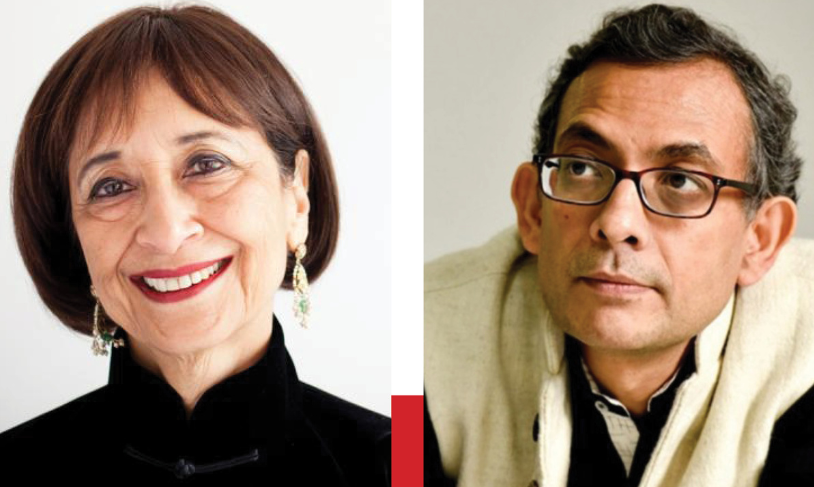

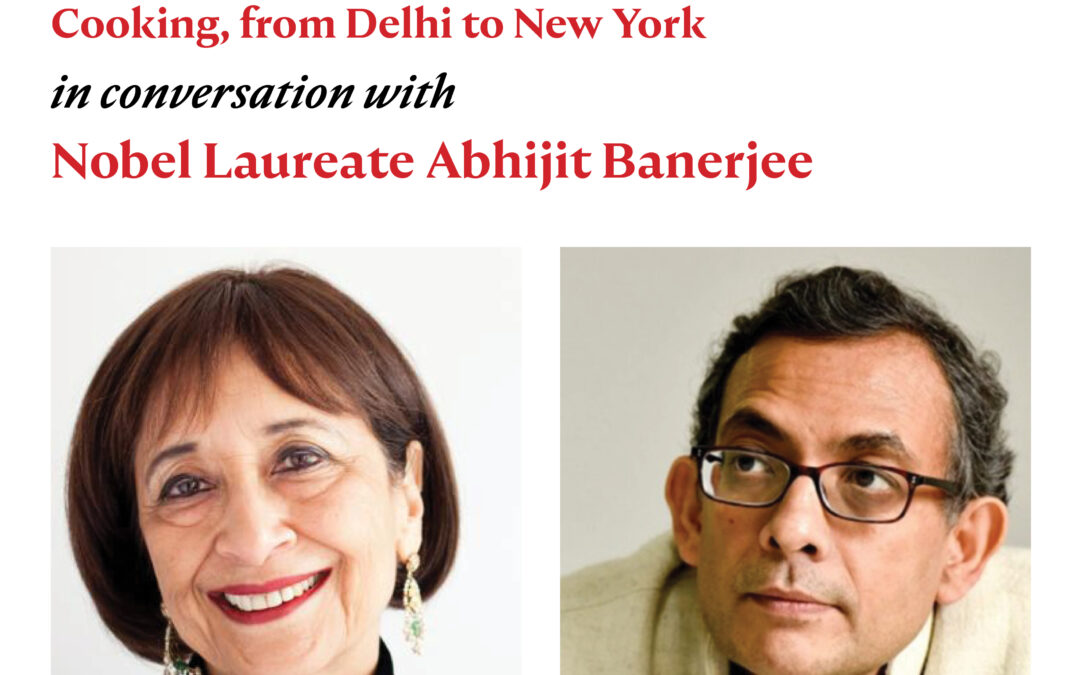

Deep in a bank vault of Mumbai’s Asiatic Society lies a revered treasure that is much studied in textbooks but rarely seen. The early 16th-century painted manuscript (dated 1516 CE), one of the oldest of its kind in the world, requires a committee’s approval to see the light of day – a committee that had remained elusive to Prof. Jinah Kim, an expert in South Asian art, for years. But last September, her proposal to study the painted manuscript finally got the go-ahead, and capturing the color from the rare piece of work may just change the study of South Asian art – and maybe all of Asian art – forever.

The Mittal Institute’s inaugural Distinguished Artist Fellow, Nilima Sheikh, will soon join us in residence on the Harvard campus from her home of Baroda, India. A renowned painter, Nilima has been a career artist for more than 50 years. We spoke with her about what led her to apply for a DAF, and her hopes for her experience.
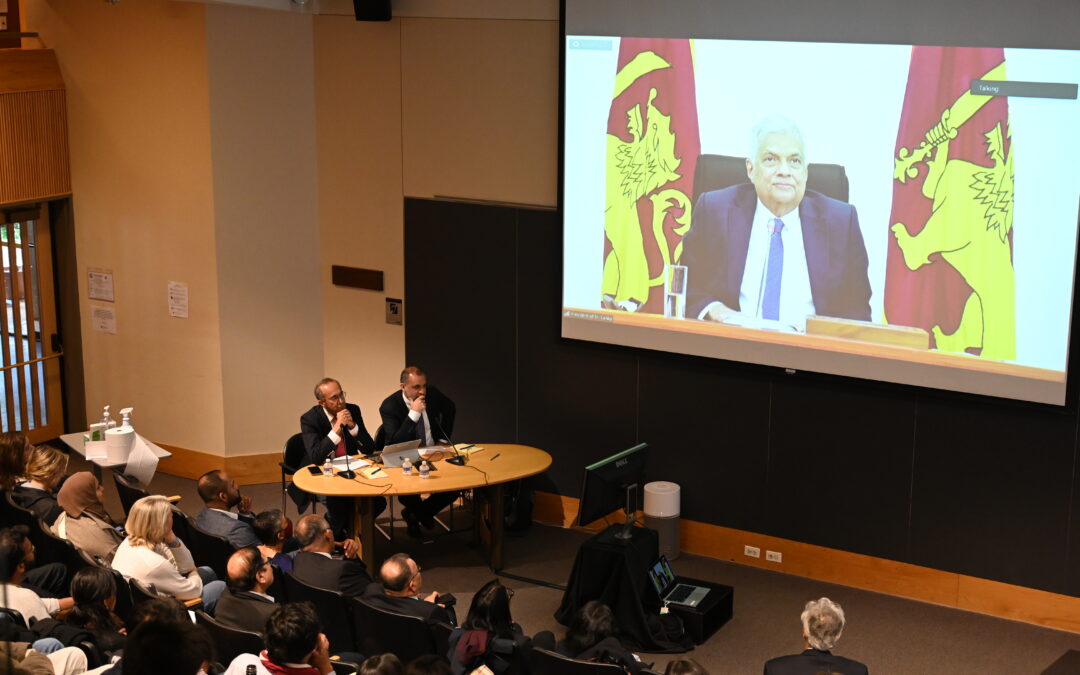
On Friday, March 24, President Ranil Wickremesinghe joined the Harvard community live from Sri Lanka for a discussion moderated by professors Tarun Khanna, Harvard Business School, and Asim Khwaja, Harvard Kennedy School. The event, co-sponsored by the Center for International Development at Harvard and the Mittal Institute, covered a wide range of topics, from the recently announced IMF deal to social, economic, and political reforms to human rights issues and the way forward for the country.
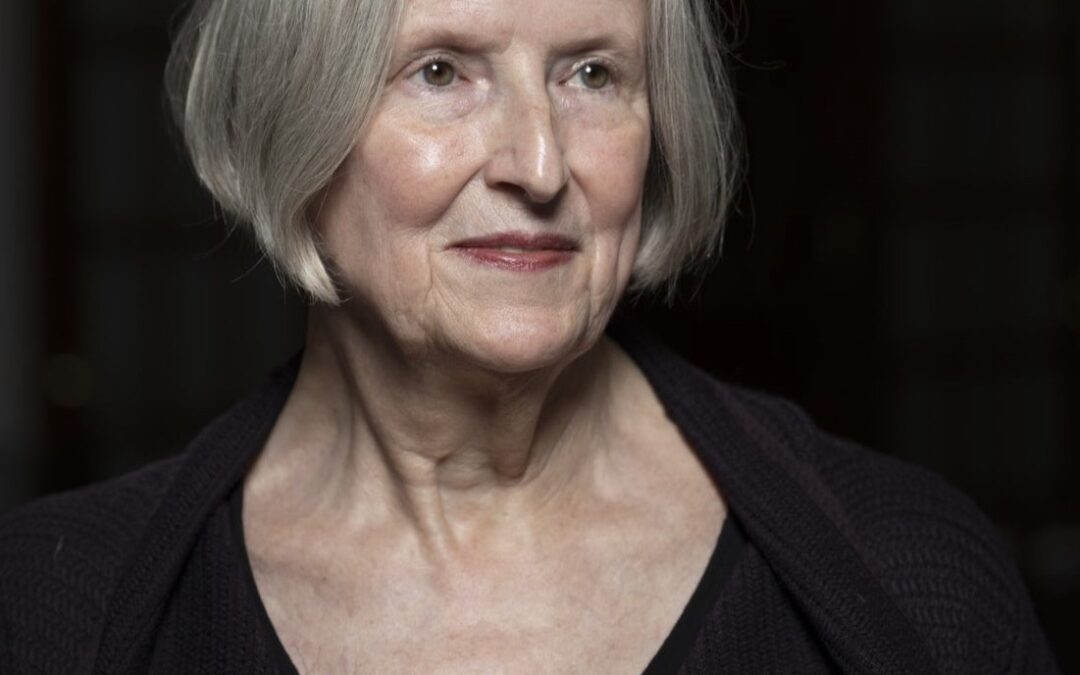
This past fall, Harvard University welcomed Prof. Martha Selby as the Sangam Professor of South Asian Studies. She joined us from the University of Texas at Austin, where she taught since 1999. A scholar of South Asian literature, she shared more about her work and previewed her upcoming April 6 talk on “Sangam Tamil Lecture – Loss in Love and War: On Grief and Longing in Old Tamil Poetry.”
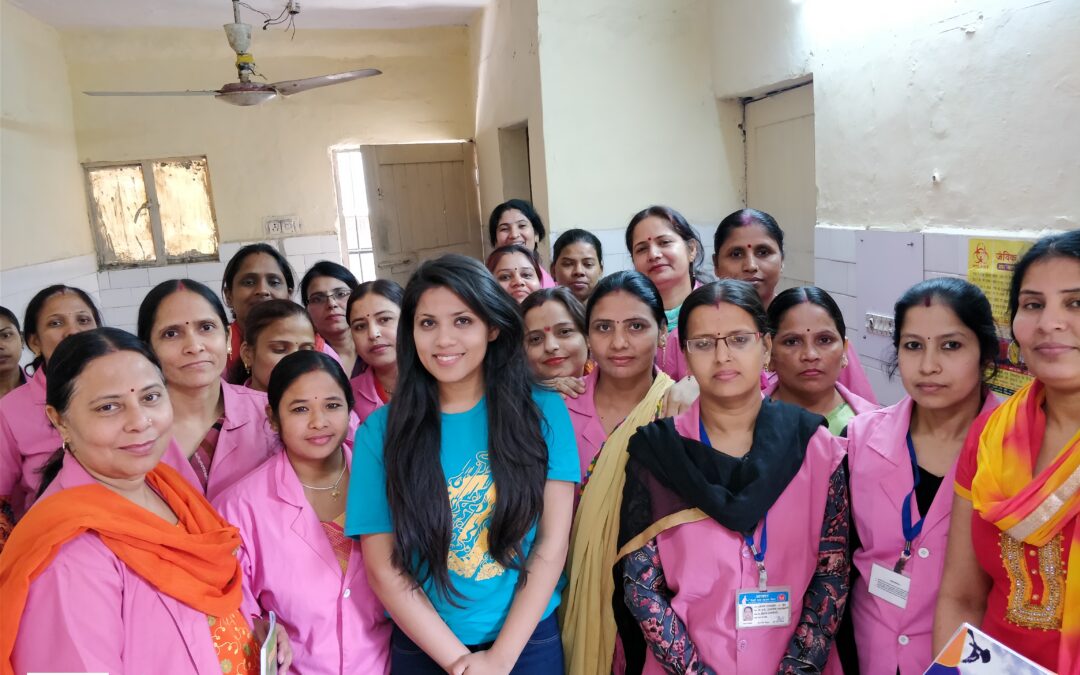
As we enter the fourth year of the COVID-19 pandemic, Dr. Shikha Kukreti, MPH, BDS, is focused on exploring the attitude of healthcare workers to vaccines, and their psychological wellbeing during the pandemic. A researcher with the Lancet Citizens Commission and a Ph.D. candidate at National Cheng Kung University in Taiwan, Shikha is spending the spring at the Mittal Institute. We spoke with her about her project.
The Mittal Institute has embarked on a major climate change initiative focused on South Asia, hosted at our Harvard Global Research Support Center India, an affiliate of Harvard University. This focus comes as Harvard awarded the Mittal Institute two multi-year grants to catalyze climate change research in South Asia. To build on the initiative, the Mittal Institute will host an inaugural climate change workshop on March 30-31 in New Delhi. The sessions will convene an interdisciplinary group of experts, policymakers and academics to set collective research and strategic priorities. LMSAI Director Tarun Khanna, Jorge Paulo Lemann Professor at Harvard Business School, spoke with us about LMSAI’s climate focus, and previewed the upcoming workshop.
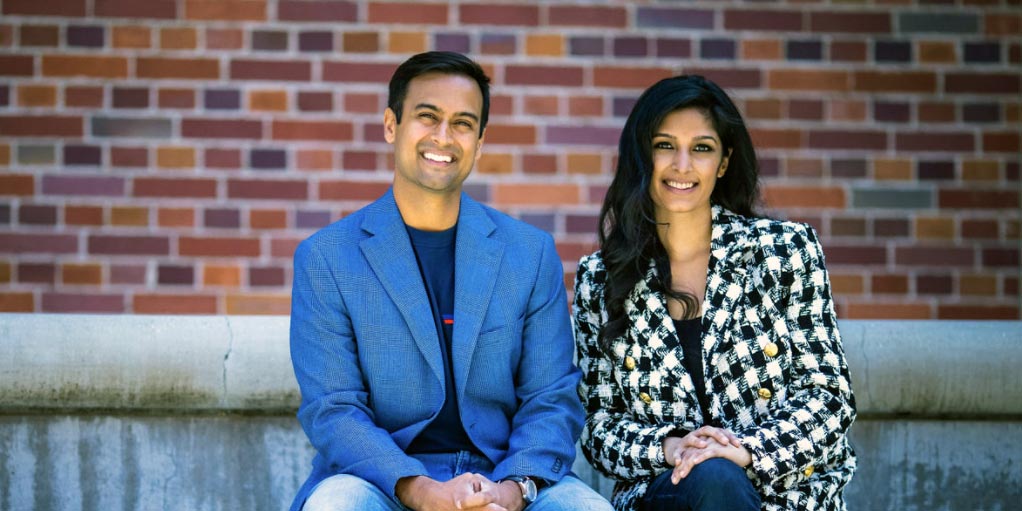
For Nicole Jain, Ed.M.’11, the children’s book she recently published is the kind of book that would have been helpful when she was a girl. Our Mom, Our Superhero, co-authored with her brother Ravi is about the experience of two young siblings trying to help their mother deal with mental illness. It’s based on the experience the pair had with their own mom. Jain spoke about the book.

Kheya Melo Furtado, an expert on health systems financing and public health, joins the Mittal Institute as our Spring 2023 Jamnalal Kaniram Bajaj Visiting Research Fellow. She is a faculty member in the Healthcare Management program at the Goa Institute of Management, India. Kheya shared more about her research and endeavors while an LMSAI Fellow.
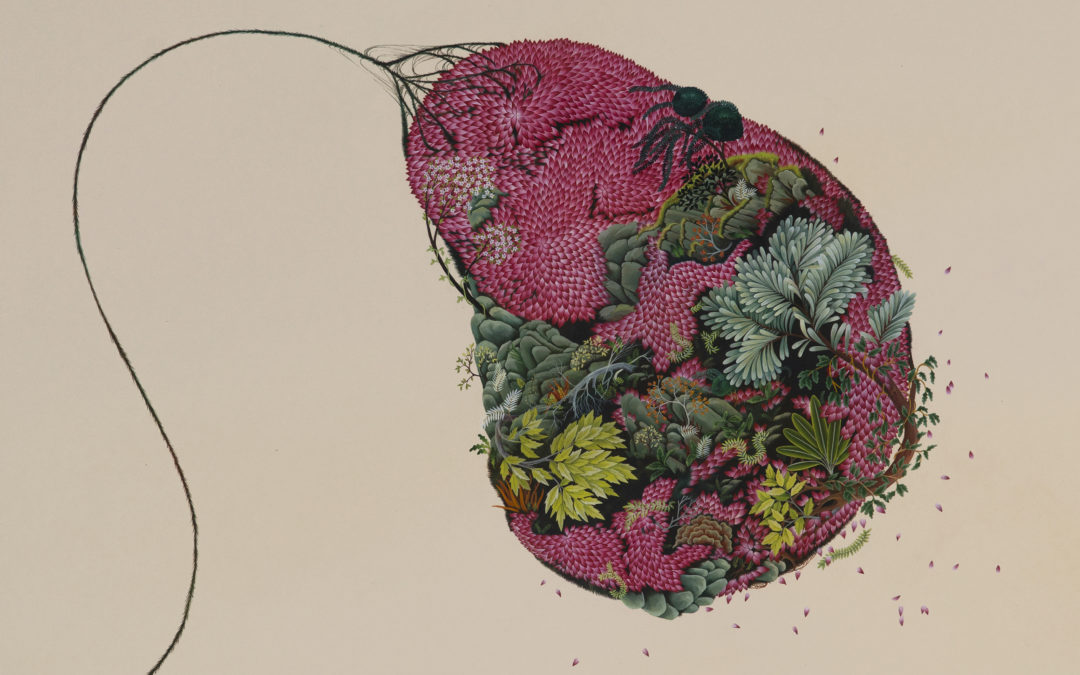
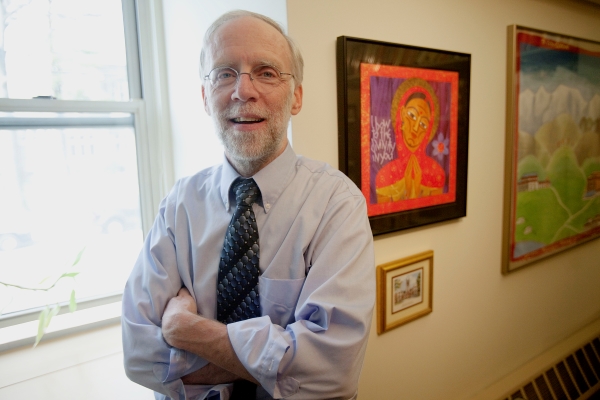
Francis X. Clooney, a born and bred New Yorker, was following a fairly traditional path toward Jesuit priesthood when he took an unexpected detour that would change his religious and world view forever. Clooney, now Parkman Professor of Divinity at Harvard, is a leading scholar in the Sanskrit and Tamil traditions of Hindu India and the developing field of comparative theology. He has written numerous books, including Hindu God, Christian God (2001) and the more recent Reading the Hindu and Christian Classics (2019). How he found himself at the forefront of Hindu-Christian studies began in 1973 with a trip to Kathmandu, where different religious traditions were not just in books but all around him.